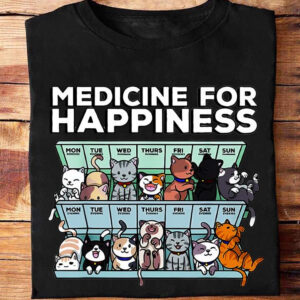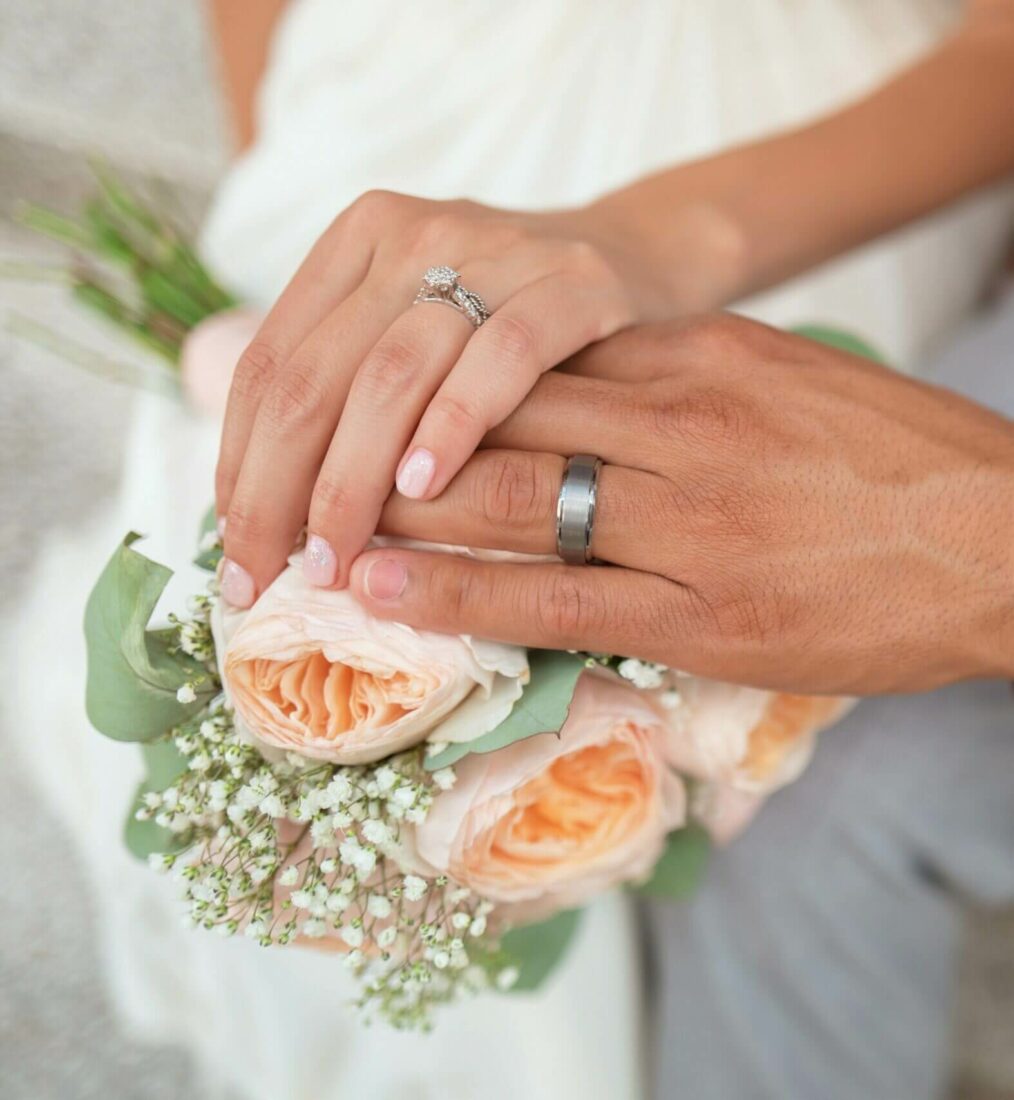Bulldog Mama: A Comprehensive Guide to Owning and Caring for Bulldogs
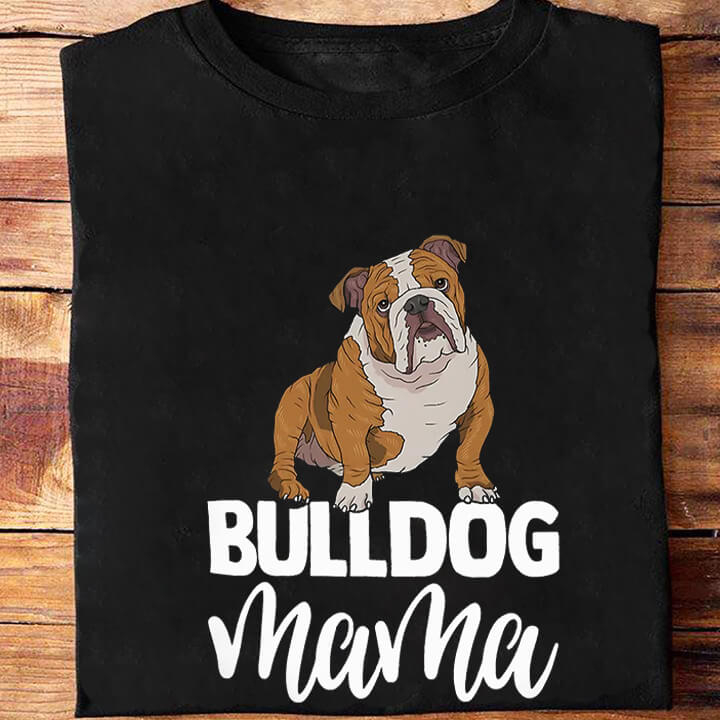
Table of Contents
- Introduction
- History of Bulldogs
- Characteristics of Bulldogs
- Choosing a Bulldog Puppy
- Training and Socialization
- Healthcare for Bulldogs
- Common Health Issues in Bulldogs:a. Brachycephalic Syndrome
b. Hip Dysplasia
c. Cherry Eye
d. Skin Problems
e. Allergies
f. Heat Sensitivity
g. Dental Issues
h. Obesity
i. Joint Problems
j. Eye Problems
- Common Health Issues in Bulldogs:a. Brachycephalic Syndrome
- Grooming Needs:a.Bathing and Brushing
b.Nail Trimming
c.Ear Cleaning
d.Wrinkle Care
e.Teeth Cleaning - Frequently Asked Questions (FAQ)
Introduction
Being a bulldog mama is an incredibly rewarding experience, but it also comes with its own set of challenges and responsibilities. Bulldogs are known for their unique appearance, gentle temperament, and unwavering loyalty. In this comprehensive guide, we will explore the history of bulldogs, their characteristics, how to choose a puppy, training and socialization tips, healthcare needs, grooming requirements, and frequently asked questions about owning a bulldog.
History of Bulldogs
Bulldogs have a rich history that dates back to 13th-century England. Originally bred for bull-baiting—a popular sport at the time—bulldogs were known for their strength and tenacity. Over the years, as bull-baiting was outlawed in England in 1835 due to its cruelty towards animals, breeders shifted their focus towards developing a more docile companion dog.
The modern bulldog we know today is significantly different from its ancestors used in bull-baiting. Through selective breeding efforts aimed at reducing aggression and enhancing desirable traits such as loyalty and affectionate nature, the bulldog has transformed into a beloved family pet.
Characteristics of Bulldogs
Bulldogs are easily recognizable due to their distinctive appearance. They have a sturdy build with broad shoulders and muscular bodies. Their wrinkled face with pushed-in nose (brachycephalic) gives them an adorable expression that melts hearts everywhere.
Despite their tough exterior looks, bulldogs are known for being gentle giants with friendly personalities. They are excellent companions who thrive on human interaction and love being part of the family unit. Bulldogs are generally good with children and other pets when properly socialized from an early age.
Temperament:
- Loyal
- Affectionate
- Friendly
- Calm
- Docile
Exercise Needs:
- Moderate exercise requirements
- Short walks and playtime
- Avoid excessive heat or intense physical activity due to their brachycephalic nature
Dietary Requirements:
- High-quality dog food formulated for bulldogs’ specific needs
- Avoid overfeeding to prevent obesity, a common issue in the breed
- Consult with a veterinarian for personalized dietary recommendations based on your bulldog’s age, weight, and health condition.Cat Painting Lion Artistic Animals Lover Graphic.
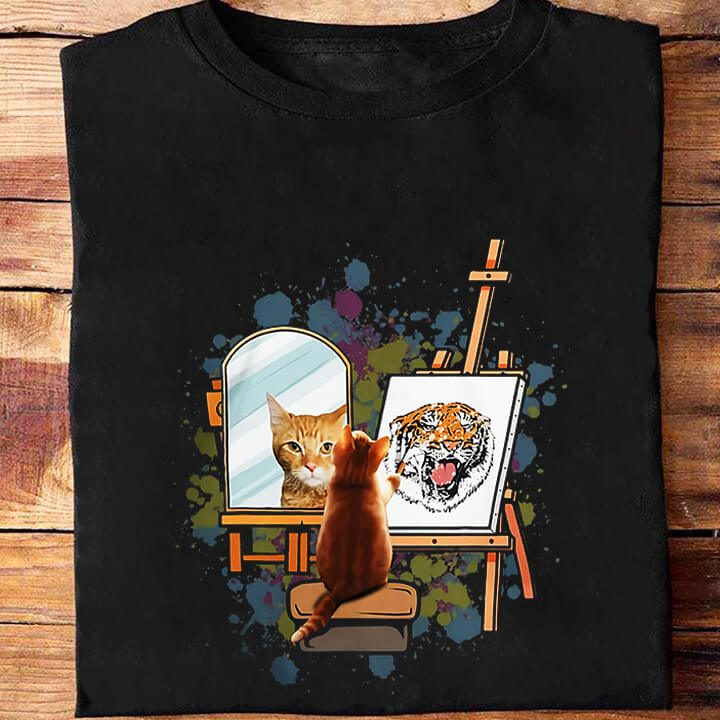
Choosing a Bulldog Puppy
When selecting a bulldog puppy, it is essential to consider several factors to ensure you find the right fit for your family and lifestyle. Here are some key points to keep in mind:
Breeder Reputation:
Research reputable breeders who prioritize the health and well-being of their dogs. A responsible breeder will provide proper care, socialization, and necessary health checks for their puppies.
Health Screening:
Ensure that both parents of the puppy have undergone relevant health screenings. Bulldogs are prone to certain genetic conditions such as hip dysplasia and brachycephalic syndrome. Health screening helps minimize the risk of passing these issues onto future generations.
Puppy Evaluation:
Observe the puppy’s behavior and temperament. Look for signs of good health, such as clear eyes, clean ears, and a shiny coat. A well-socialized puppy will be curious, friendly, and comfortable with human interaction.
Ask Questions:
Don’t hesitate to ask the breeder questions about the puppy’s lineage, health history, and any specific care requirements. A responsible breeder will be happy to provide all necessary information.
Training and Socialization
Proper training and socialization are crucial for raising a well-behaved bulldog. Despite their gentle nature, bulldogs can be stubborn at times. Here are some tips to help you train your bulldog effectively:
Positive Reinforcement:
Use positive reinforcement techniques such as treats, praise, and rewards to motivate your bulldog during training sessions. Bulldogs respond well to positive reinforcement rather than harsh discipline.
Consistency:
Establish consistent rules and routines from an early age. Bulldogs thrive in structured environments where they know what is expected of them.
Socialization:
Expose your bulldog puppy to various people, animals, sounds, and environments from a young age. This helps them develop into confident adults who are comfortable in different situations.
Healthcare for Bulldogs
Bulldogs require regular veterinary care to ensure their overall health and well-being. Here are some common health issues that affect bulldogs:
- Brachycephalic Syndrome:
Brachycephalic breeds like bulldogs have shortened airways due to their flat faces which can lead to breathing difficulties. - Hip Dysplasia:
Hip dysplasia is a genetic condition where the hip joint doesn’t develop properly, leading to pain and mobility issues. - Cherry Eye:
Cherry eye is a condition where the gland in the dog’s third eyelid becomes prolapsed, causing redness and irritation. - Skin Problems:
Bulldogs are prone to various skin issues such as allergies, dermatitis, and infections due to their wrinkles and sensitive skin. - Allergies:
Bulldogs can develop allergies to certain foods, environmental factors (pollen, dust mites), or contact allergens (such as certain cleaning products). - Heat Sensitivity:
Due to their brachycephalic nature, bulldogs are more susceptible to heatstroke. They should be kept in cool environments during hot weather.</a href=”https://ettee.com/product/cat-painting-lion-artistic-animals-lover-graphic/”>Cat Painting Lion Artistic Animals Lover Graphic.</a href=”https://ettee.com/product/cat-painting-lion-artistic-animals-lover-graphic/”>
Grooming Needs
Proper grooming is essential for keeping your bulldog healthy and comfortable. Here are some grooming tasks you should regularly perform:
Bathing and Brushing:
Bulldogs have a short coat that requires regular brushing to remove loose hair. They should be bathed every few weeks using a gentle dog shampoo.
Nail Trimming:
Trim your bulldog’s nails regularly to prevent them from becoming too long and causing discomfort or potential injury.
Ear Cleaning:
Check your bulldog’s ears regularly for signs of infection or excessive wax buildup. Clean them gently using a veterinarian-recommended ear cleaner.
Wrinkle Care:
Bulldogs’ facial wrinkles require special attention to prevent moisture buildup and skin infections. Use a damp cloth to clean the wrinkles and ensure they are thoroughly dried afterward.
Teeth Cleaning:
Maintaining good dental hygiene is crucial for bulldogs, as they are prone to dental issues. Brush their teeth regularly with a dog-specific toothbrush and toothpaste.
Frequently Asked Questions (FAQ)
Here are some common questions that bulldog owners often ask:
Q: Are Bulldogs good with children?
A: Yes, Bulldogs are generally good with children. They have a patient and gentle nature, making them suitable companions for kids.
Q: Do Bulldogs require a lot of exercise?
A: Bulldogs have moderate exercise needs. Short walks and playtime in the yard are usually sufficient to keep them happy and healthy.
Q: Are Bulldogs prone to health problems?
A: Yes, bulldogs are prone to certain health issues such as brachycephalic syndrome, hip dysplasia, skin problems, allergies, and more. Regular veterinary care is essential.</a href=”https://ettee.com/product/cat-painting-lion-artistic-animals-lover-graphic/”>Cat Painting Lion Artistic Animals Lover Graphic.</a href=”https://ettee.com/product/cat-painting-lion-artistic-animals-lover-graphic/”>
Summary
Being a bulldog mama is a wonderful experience filled with love and joy. Bulldogs are loyal, affectionate, and make excellent family pets. However, owning a bulldog also comes with responsibilities such as proper training, healthcare, and grooming. By understanding the history, characteristics, and specific needs of bulldogs, you can provide them with the care they deserve.
Remember to consult with reputable breeders when choosing a puppy and prioritize their health screenings. Training your bulldog using positive reinforcement techniques will help shape their behavior effectively. Regular veterinary check-ups and grooming sessions are essential for maintaining their overall well-being.
By following these guidelines and being an attentive bulldog mama or papa, you can create a happy and fulfilling life for both yourself and your beloved furry companion.</a href=”https://ettee.com/product/cat-painting-lion-artistic-animals-lover-graphic/”>Cat Painting Lion Artistic Animals Lover Graphic.</a href=”https://ettee.com/product/cat-painting-lion-artistic-animals-lover-graphic/”>

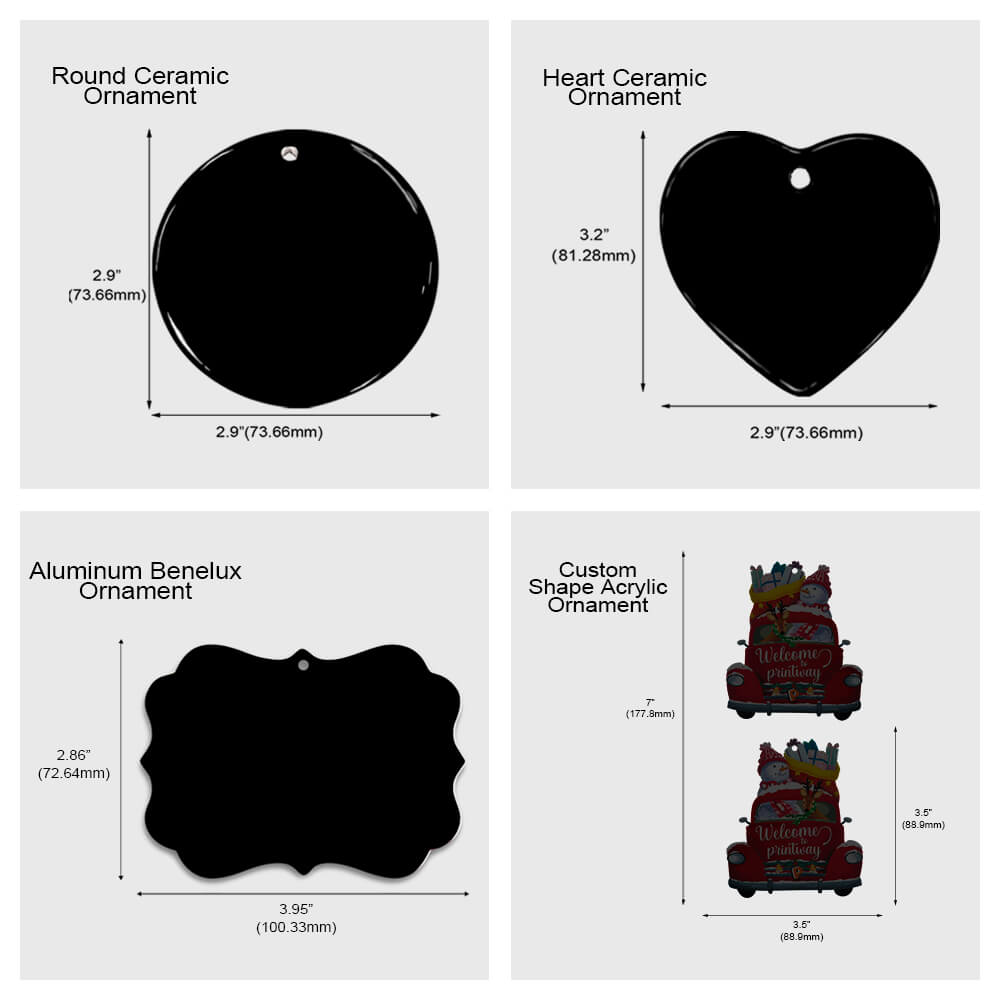
 [/accordion-item]
[/accordion-item]





 Proudly manufactured in the USA. Experience the exceptional quality and craftsmanship that comes with American production.
Proudly manufactured in the USA. Experience the exceptional quality and craftsmanship that comes with American production.






